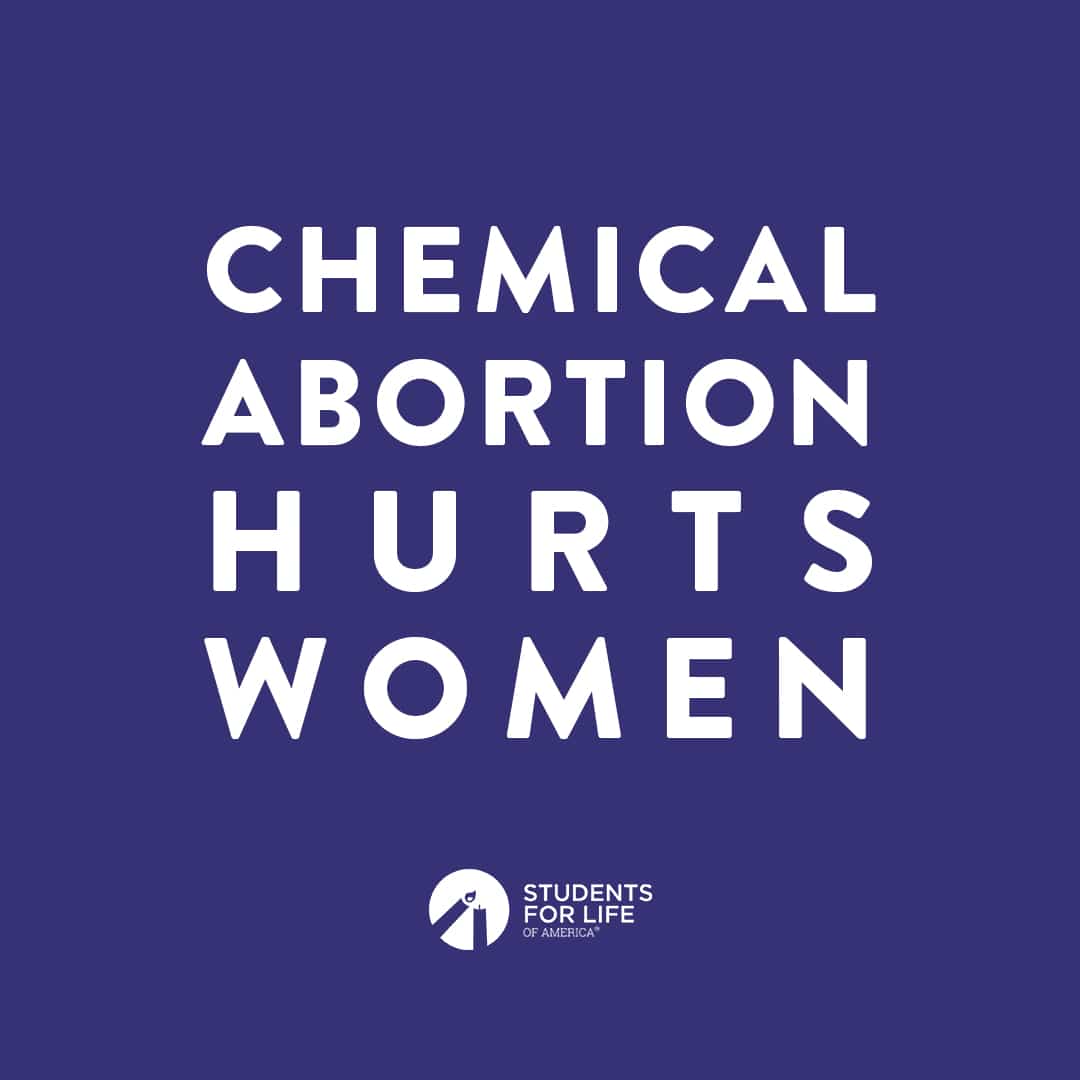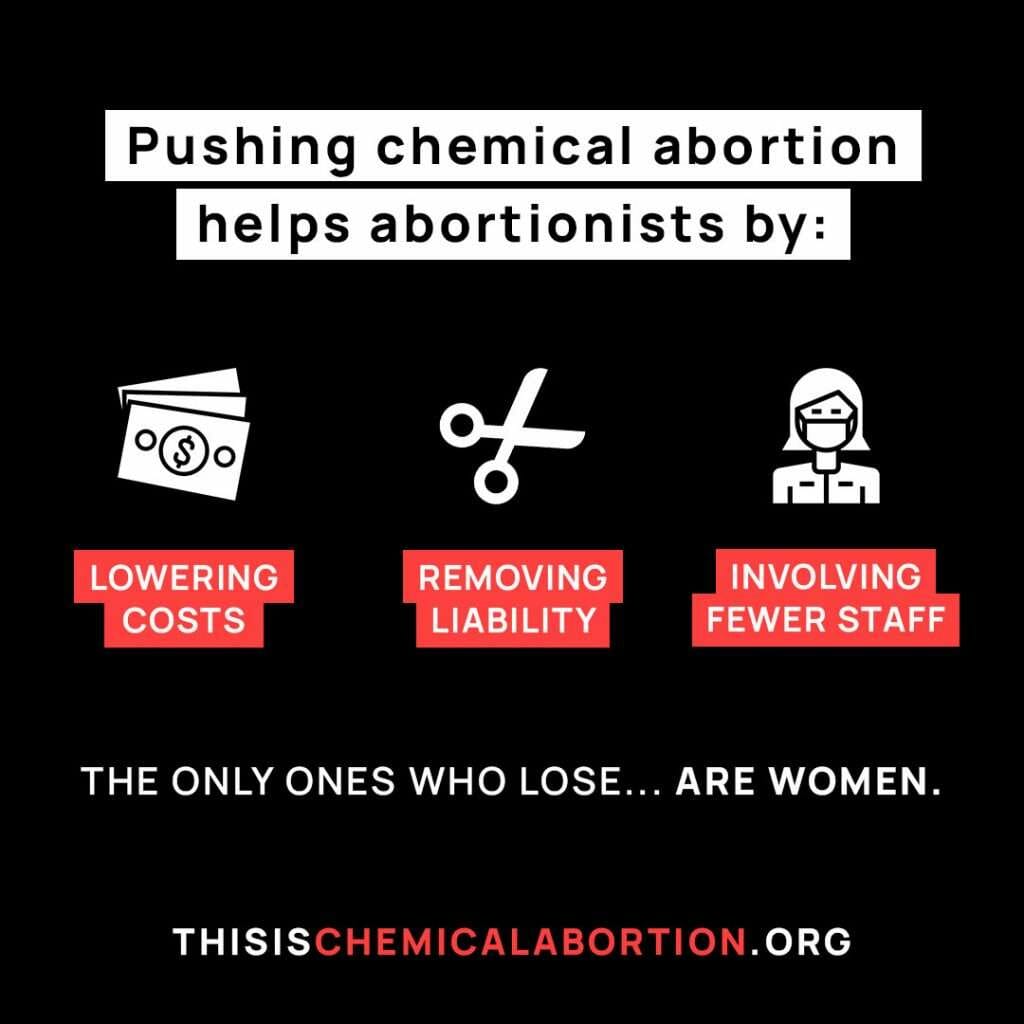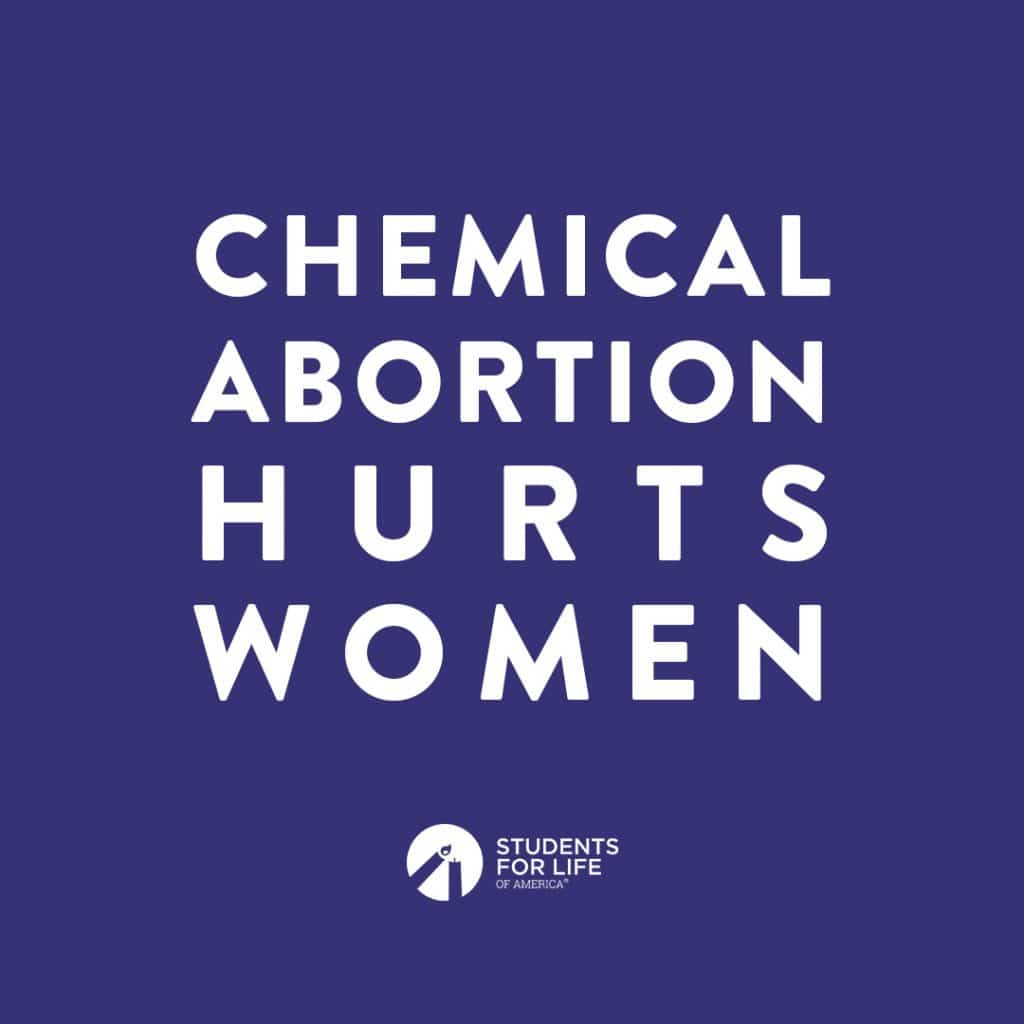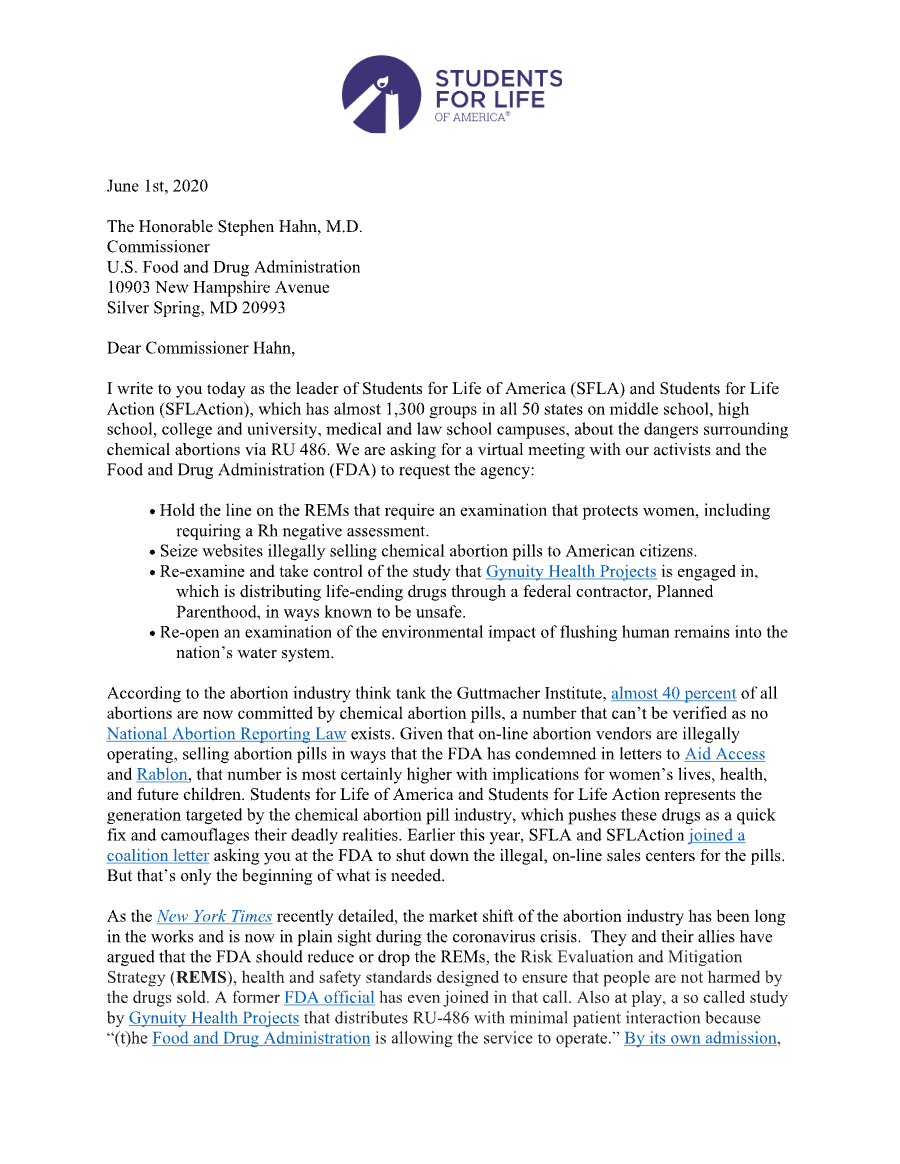
Under President Joe Biden’s guidance, the Food and Drug Administration (FDA) is taking steps to loosen restrictions on chemical abortion, an action that could endanger countless women and, of course, preborn children. According to the National Catholic Register, the FDA announced on May 7th its plans to review the Risk Evaluation and Mitigation Strategy (REMS) safety protocols surrounding chemical abortions.
Click HERE to contact the FDA and demand that they keep safety standards on chemical abortion in place.
The announcement was received positively by Planned Parenthood, of course, which praised the FDA for reviewing the “unnecessary and harmful restrictions” on mifepristone, the first drug of two that a mother takes during a chemical abortion. But if Planned Parenthood is genuinely “all about women’s health” as they claim, then it seems odd for them to condemn guidelines that hold mifepristone to the same standard as many other drugs with life-ending consequences, including preborn life.

As Live Action News reported, the REMS protocol merely stipulates that mifepristone must be administered in a medical setting. At the time that the REMS were set up, the hope was that women would be screened by a healthcare professional to ensure there are no pre-existing conditions that would render the chemical abortion process even more deadly.
If a mother is experiencing an ectopic pregnancy – meaning her baby has implanted outside her uterus – then she must receive immediate medical treatment. Beginning a chemical abortion in that state could cause the woman to hemorrhage, and, in the worst case scenario, she may even die.

Another way that REMS protects women is that it prevents them from going through a chemical abortion too late in their pregnancies, as the process is dangerous for mothers whose babies are too developed for the drugs to kill and expel them as designed.
Without a screening to assess women’s health beforehand, however, how will abortion vendors assess the risk before dispensing it?
If anything, the FDA’s current review of REMS is demonstrative of the fact that, no matter how often the abortion industry claims to be a necessary form of “women’s healthcare,” the nature of its business requires it to operate outside the scope of regulation and accountability.
There are Pre-Screening Requirements for These Drugs… but not for Chemical Abortion?
- This is a prescription medicine that helps adults or adolescents at risk of HIV lower their chances of contracting it through sexual intercourse.
- A patient must be proven HIV negative as it may worsen a pre-existing case.
- Have consulted with a healthcare provider to assess their HIV risk and determine if this is the right medication for them .
- Lipitor is a common prescription to treat high cholesterol.
- On the drug’s website, they note: “Your doctor should do blood tests to check your liver function before starting LIPITOR and during your treatment if you have symptoms of liver problems.”
- Often used to treat severe acne, this medication comes with quite a few regulations, as it can lead to a preborn child experiencing severe birth defects.
- A woman must have two negative pregnancy tests prior to taking it and be tested for pregnancy in a laboratory each month during the treatment, when taking the last dose, and again within 30 days of taking the last dose.
- She also must have two backup forms of contraception and confirm the two alternative birth control forms of birth control through the iPLEDGE system by phone.
- Adderall is a stimulant typically prescribed to people who suffer from Attention Deficit Hyperactivity Disorder (ADHD). But it can come with side effects such as increased blood pressure, insomnia, and nervousness, which occur most often in people who take it without suffering from ADHD.
- Individuals must consult with a psychiatrist to see if the medication is right for them.
- They also need to discuss the possibility of taking Adderall with a licensed physician to see if it will fit their needs best, then they receive a prescription.
- In the late 20th century, women took thalidomide as a way to alleviate morning sickness during pregnancy. But restrictions were enacted that even pro-choice people would likely agree were just once the drug was found to cause severe birth defects.
- Even though the drug could treat pregnancy symptoms, the FDA approved it in 1997 under tight restrictions to treat inflammation caused by leprosy.
- The drug is not approved for pregnant women in the USA.
And that’s just to name a few. The FDA has hundreds and hundreds of drugs catalogued on its website, the vast majority of which have warnings about possible harms many drugs can cause preborn babies. In other words, they’re very concerned about making sure no babies are harmed – but they have no problem with drugs designed to kill them. And based on their impending action to remove REMS from mifepristone, they don’t care much about women who choose to chemically abort, either.
Read on to learn more about chemical abortion, but first – click HERE to contact the FDA and demand that they keep safety standards on chemical abortion in place.
Chemical Abortion is Not Minor
Chemical abortion is a two-drug regimen that starves the baby to death then violently expels him/her with strong artificially induced contractions, often into a toilet. A confirmed 22 women have been killed as a result of this regimen, known as RU-486. This is how chemical abortion works, as shared by a former abortionist…
The risks abound.
- For the 5% of women whose babies are not killed and expelled by the drugs, a surgery is required to save the mother’s life as infection can set in if remaining “contents” are left to fester.
- According to a study published in the Journal of Obstetrics and Gynecology in 2009, women are four times more likely to experience complications from chemical abortion than surgical abortion, including hemorrhaging, serious infection (known as sepsis), and incomplete abortion.
- According to the FDA, “In some cases, very heavy vaginal bleeding will need to be stopped by a surgical procedure … ”
- Other consequences include hospitalization and blood transfusions to address excessive bleeding. And physicians report that hysterectomies following complications from chemical abortion has occurred.
Already the FDA reports that women have died taking the chemical abortion pills, usually because of an ectopic pregnancy or when later in pregnancy, sometimes from “severe systemic infection (also called sepsis).”
And the FDA notes that chemical abortion pills should never be given to women or if she:
- cannot go to a follow up visit to check on possible complications
- has problems with the adrenal glands (the glands near the kidneys)
- is currently being treated with long-term corticosteroid therapy (medications)
- has had an allergic reaction to mifepristone, misoprostol or similar drugs
- has bleeding problems or is taking anticoagulant (blood thinning) drug products
- has inherited porphyria
- has an intrauterine device (IUD) in place (it must be removed before taking Mifeprex).

Longer term risks to women impact their mental and physical health.
More than 100 studies show linkage between abortion and an increased risk of mental health issues. A report from Americans United for Life notes that “one study found that women whose first pregnancies ended in abortion were 65 percent more likely to score in the ‘high risk’ range for clinical depression.” Studies also showed that “10 percent of mental health problems suffered by women are directly attributable to abortion.” And risks to women include problems in future pregnancies, including pre-term births, the “leading cause of infant death both globally and in the United States.”
Despite all these risks of the drugs in a somewhat supervised setting, the abortion industry wants to hand out these chemical abortion pills without any examination or supervision, which has been shown to have potentially terrible consequences.
Consider a recent report noting a “peer-reviewed study from 2015 on the safety, efficacy, and acceptability of self-administered abortion pills through 70 days showed that almost 30% of the 40 women taking chemical abortion did so after the FDA-approved time frame of 63 days. Very sadly, 62% of these women had incomplete abortions. Surgical evacuation was required for 68% of these patients, and 23% of these women had a failed abortion. For 12.5% of them, they received surgical evacuation with blood transfusion. The authors concluded that ‘unsupervised medical abortion can lead to increased maternal morbidity and mortality.’” Morbidity and mortality mean deadly consequences and death.
A case study written about women’s chemical abortion experiences, #AbortionChangesYou, reported on one study that found 43 percent of women experienced more bleeding that expected with 26 percent of women bleeding for more than four weeks. Far from being a moment of female empowerment, 53 percent of the women said that they had wanted their babies, but pressure from the child’s father or a family member lead them to take the chemical abortion pills.
The study also noted that women felt lied to about how simple taking a few pills would be, reporting: “When women’s personal experiences contradicted what they were originally told by health care providers, family, or friends women felt deceived. One woman communicated her frustration by saying: ‘They told me it wouldn’t hurt, and I wouldn’t feel a thing. THAT WAS SUCH A LIE. I felt everything, I heard everything, I seen everything. I ended up blacking out from the pain and puking all over myself.’”
The researchers concluded, “In sum, our findings show that the medication abortion experience is rife with tension and contradiction.”
Share this post
Recent Posts

Abortion Brags from Lily Allen & Hat from Cynthia Nixon Enrage Even Pro-Choice Americans. Can the Pro-Life Generation Take Some Credit?
11 Jul 2025
Young Mom Prayed for God’s Hand on Her Child – At Her Ultrasound Appointment, THIS Happened
11 Jul 2025
Letter to the FDA Regarding Chemical Abortion Drugs June 2020
10 Jul 2025
